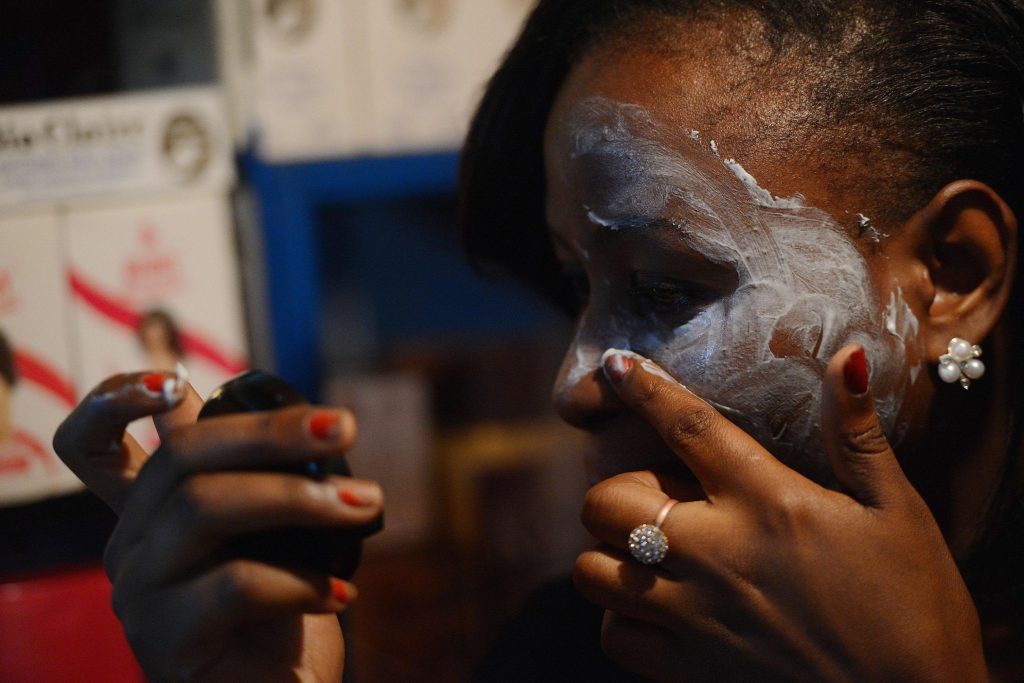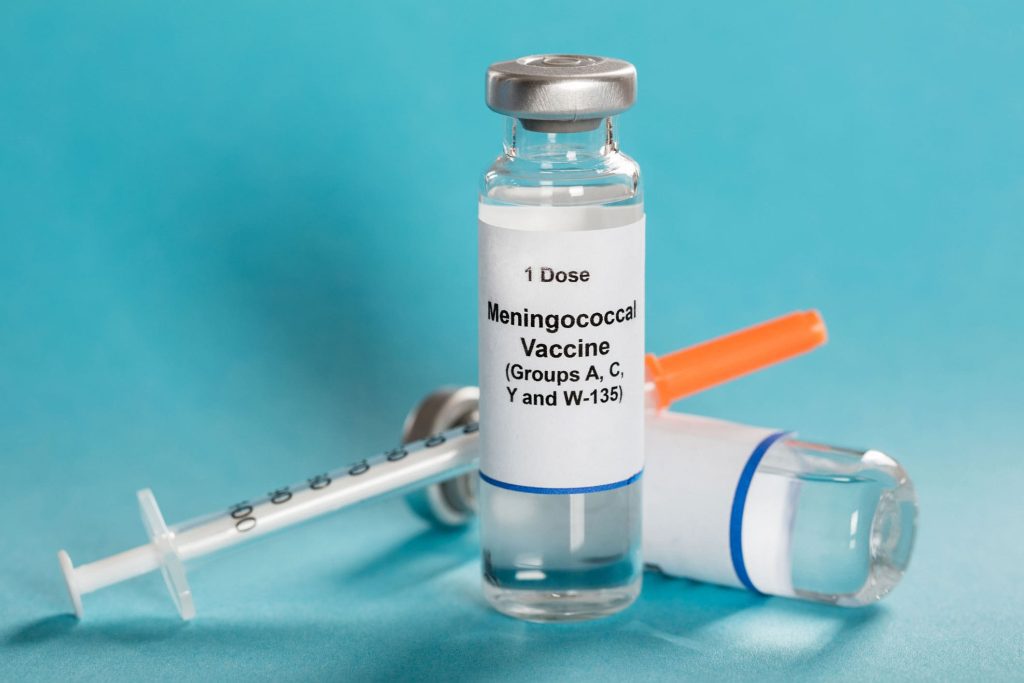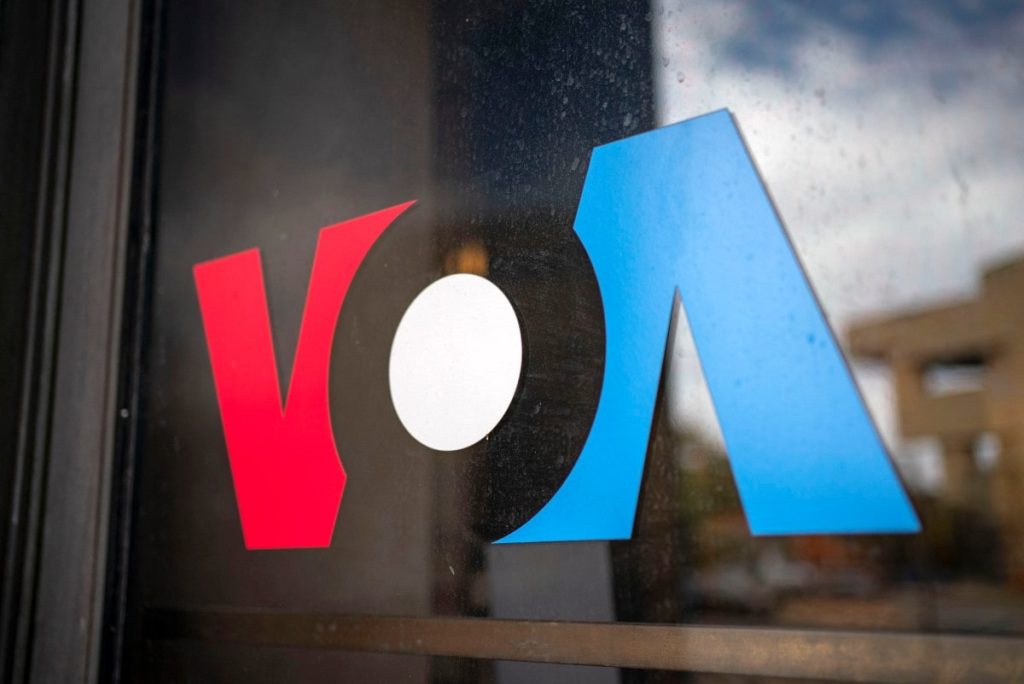The National Agency for Food and Drugs Administration and Control (NAFDAC) has issued a warning to healthcare providers and the public regarding a suspected counterfeit batch of Phesgo 600mg/600mg/10ml injection, labeled with batch number C5290S20. This follows a complaint from a doctor at Lagos University Teaching Hospital (LUTH), who identified the product as a suspected counterfeit.
Details of the Suspected Counterfeit Product
The counterfeit batch was flagged after a patient brought the injection to the hospital for administration. The doctor noted that the product matched another previously identified counterfeit batch, C3809C51. A subsequent investigation, including a review of images provided by Roche, the Marketing Authorization Holder (MAH), confirmed the product was falsified.
The investigation revealed several inconsistencies between the suspected counterfeit product and genuine Phesgo injections. These discrepancies included a non-existent batch number, incorrect language, missing tamper-evidence features, and mismatched labels compared to authentic products. Roche reviewed the images and confirmed that the product was indeed counterfeit.
Risks of Counterfeit Drugs
NAFDAC emphasized the significant risks associated with counterfeit drugs, particularly their potential to undermine the safety and effectiveness of medicines. Counterfeit drugs can lead to ineffective treatment, adverse reactions, and even harm to patients.
Vigilance and Reporting Measures
To address the growing threat of counterfeit medicines, NAFDAC has urged importers, distributors, and healthcare professionals to exercise caution and ensure that all medical products are sourced from authorized and licensed suppliers. The agency has directed its zonal directors and state coordinators to conduct surveillance and remove counterfeit products from circulation.
Healthcare providers and consumers are advised to carefully check the authenticity and physical condition of medical products. Any suspicions regarding substandard or falsified medicines should be reported to NAFDAC through its helpline, email, or local offices.
Reporting Adverse Events
NAFDAC has also encouraged healthcare professionals and patients to report any adverse events or side effects related to medicinal products or devices. These reports can be made through the E-reporting platforms on the NAFDAC website, via the Med-safety application available on both Android and iOS, or by emailing pharmacovigilance@nafdac.gov.ng.
The agency reassured the public that efforts to identify and remove counterfeit products from the market are ongoing, as part of its commitment to safeguarding public health and ensuring the availability of safe and effective medicines.













